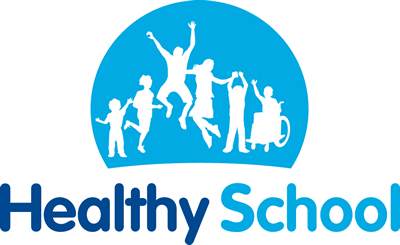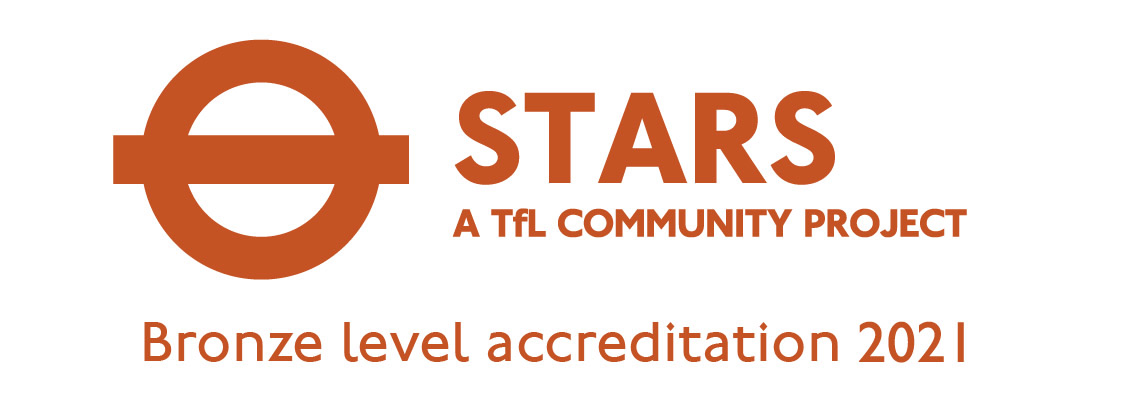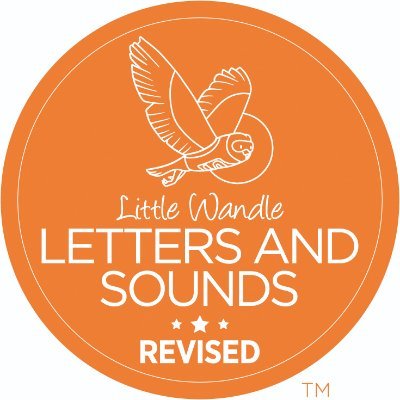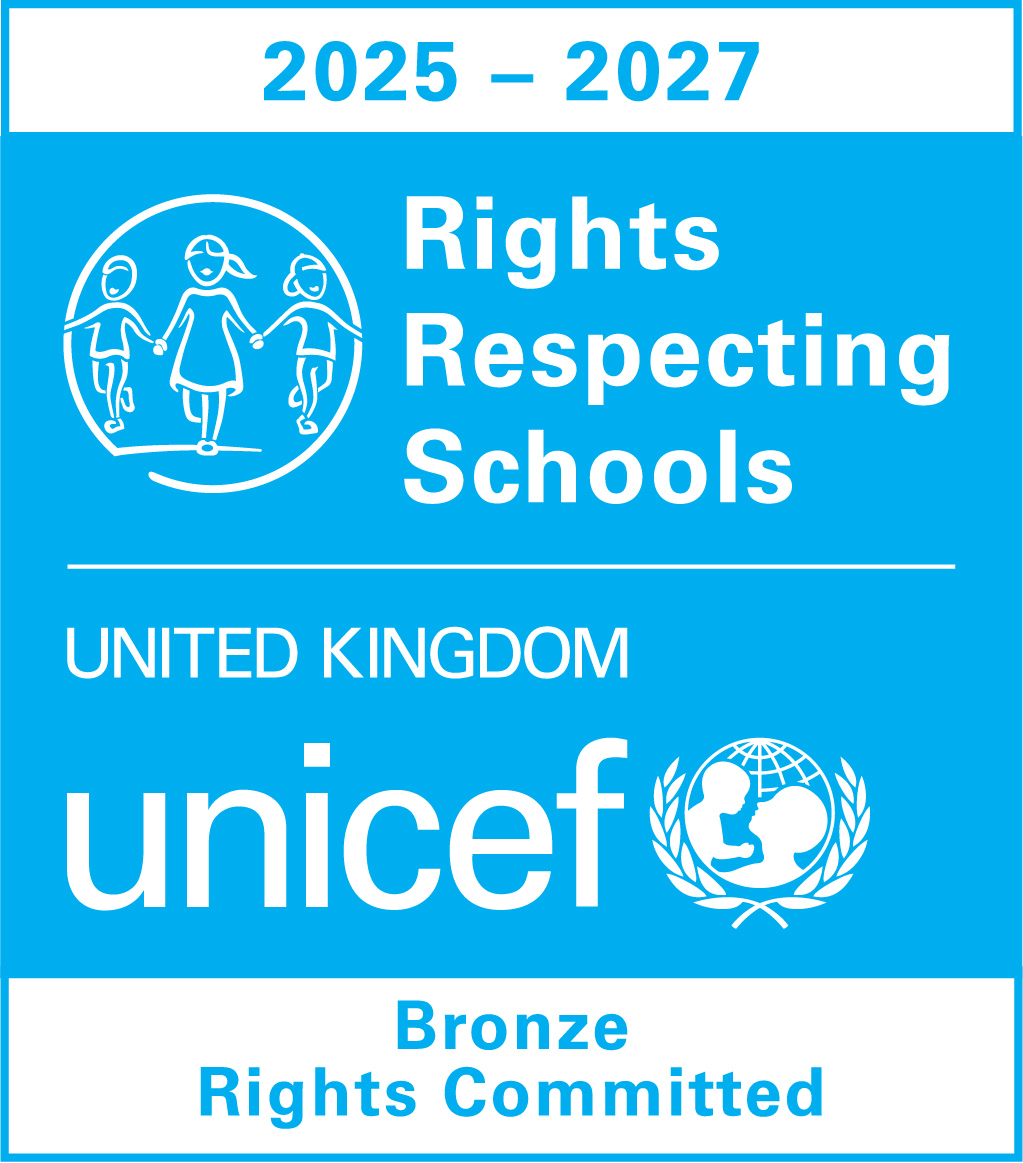What is my child doing online?
- Playing games
- Making friends
- Talking to people
- Searching
- Sharing
The internet and online world is rapidly developing. It is vital that you are aware of what your child is accessing online. This page will give you some ideas and ways to support your child online.
Make an Agreement
A good way to set boundaries with your child about what they can and can’t do online is to set an agreement with them.
Here are some examples of the areas you might want to discuss:
- Limits on the amount of time your child spends online, or playing computer games.
- Having regular screen breaks – at least five minutes every 45-60 minutes.
- Not sharing any pictures they wouldn’t be happy to share with you.
- Not giving out personal details, such as mobile phone number and address, to people they don’t know and trust.
- Coming to you if they are concerned. Or, if not, knowing where they can go for independent help and support.
Let them teach you
The people, who know best about what your children are up to online, are your children! Get them to tell you about the sites they’re using. Ask them questions such as:
- Why do they like the site?
- What can they do on it?
- What’s so fun about it?
- Who uses it at school?
- Who you can talk to?
- Who are their friends on it?
This is a good way to develop a trusting relationship with your child about what they are up to online.
Top Tips for keeping your child safe online
- Talk to your child about what they’re up to online. Be a part of their online life; involve the whole family and show an interest. Find out what sites they visit and what they love about them, if they know you understand they are more likely to come to you if they have any problems.
- Encourage your child to go online and explore! There is a wealth of age-appropriate sites online for your children. Encourage them to use sites which are fun, educational and that will help them to develop online skills (look at our useful websites page on the school website/ ask your child’s class teacher).
- Keep up-to-date with your child’s development online. Children grow up fast and they will be growing in confidence and learning new skills daily. It’s important that as your child learns more, so do you.
- Set boundaries in the online world just as you would in the real world. Think about what they might see, what they share, who they talk to and how long they spend online. It is important to discuss boundaries at a young age to develop the tools and skills children need to enjoy their time online.
- Keep all equipment that connects to the internet in a family space. For children of this age, it is important to keep internet use in family areas so you can see the sites your child is using and be there for them if they stumble across something they don’t want to see.
- Know what connects to the internet and how. Nowadays even the TV connects to the internet. Make sure you’re aware of which devices that your child uses connect to the internet, such as their phone or games console. Also, find out how they are accessing the internet – is it your connection, or a neighbour’s wifi. This will affect whether the safety setting you set are being applied.
- Use parental controls on devices that link to the internet, such as the TV, laptops, computers, games consoles and mobile phones. Parental controls are not just about locking and blocking, they are a tool to help you set appropriate boundaries as your child grows and develops. They are not the answer to your child’s online safety, but they are a good start and they are not as difficult to install as you might think. Service providers are working hard to make them simple, effective and user friendly. Find your service provider and learn how to set your controls.
Useful websites about online safety
Kid Smart
CBBC- stay safe
www.bbc.co.uk/cbbc/topics/stay-safe
Child net
Share Aware NSPCC
www.nspcc.org.uk/preventing-abuse/keeping-children-safe/share-aware/
Educate against hate
https://educateagainsthate.com/
Internet Safety - Parent Support Guide 2021
https://sway.office.com/fGDAJAiKniCB5r3b?ref=email
Advice for parents on inappropriate content
https://www.internetmatters.org/issues/inappropriate-content/protect-your-child/
Setting parental controls on devices and internet
https://www.internetmatters.org/parental-controls/
Parental control information for Netflix and national online safety guidance to help you navigate online safety for your children
https://www.internetmatters.org/parental-controls/entertainment-search-engines/netflix/
E safety

.jpg)


.png)




